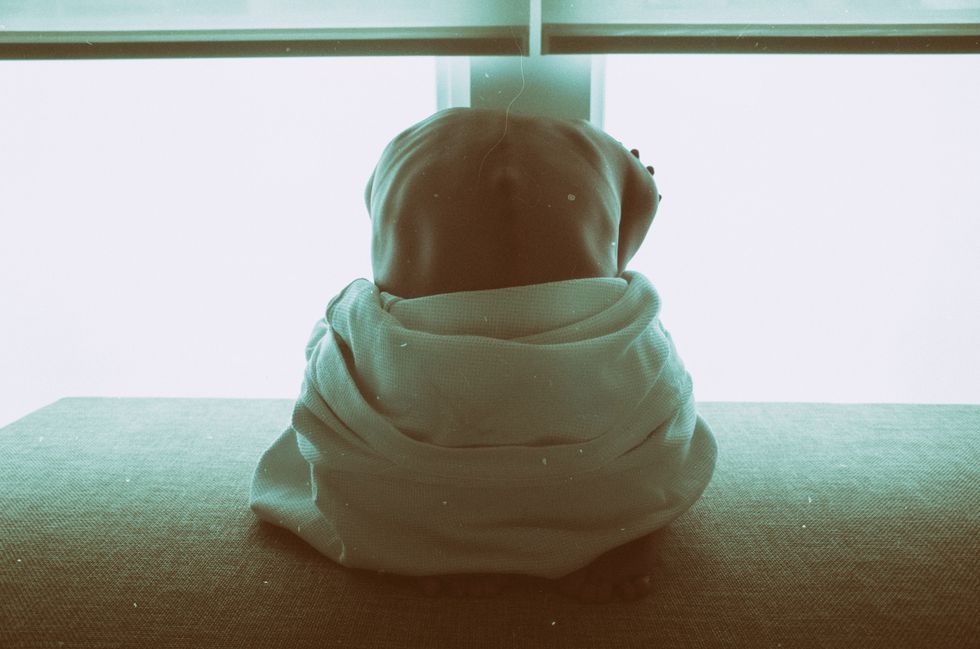“Here, ever true to carefree ways, I follow
The master of cap-strained wine. Clear
To the end of sight, nothing bad—even
Sick many times over, my body is light.”
These are the words of the famous Chinese poet Tu Fu who, despite living a life of suffering, constantly moving his family in poverty through the war-torn countryside of China in the late 700s, witnessing the death of two of his children to starvation, and suffering from asthma and rheumatism throughout his life, was able to find beauty in the world around him. In fact, a life of suffering seems to have made Tu Fu happier and more appreciative in his later years of retirement when his poetry truly blossomed.
Do we, as humans, have to know suffering in order to know true happiness? Author Mina Samuels explores the necessity of suffering in regards to happiness in an article for the Huffington Post. In it, she cites Canadian MMA fighter George St. Pierre’s reference to “the sometime-Buddhist-ascribed idea that happiness is really just the moments when we experience the relief of suffering.” Bleh, Samuels responds, and I am inclined to agree.
From St. Pierre’s “sometime-Buddhist-ascribed” logic, a life without suffering is a life without happiness, and I’m not sure if that’s an inference to be pleased with.
It’s not pleasant to think that you might have to suffer in order to experience happiness—so don’t, because it’s not true. Suffering is not a necessary part of feeling happy; however, pain is. Author and counselor Meg Selig writes in an article entitled “Why There’s Pain in Happiness” for Psychology Today that “pain takes place in reality, suffering in the mind.” “As the old saying goes,” Selig writes, “Pain is inevitable. Suffering is optional.”
As we all know, experiencing pain without suffering is not as easy as Selig makes it sound. It’s far too easy to dwell on your problems and pains, comparing yourself to others unfairly and getting in your head—but in theory it is possible to experience pain without suffering.
Why is pain essential to experiencing happiness? Wouldn’t life be better and happier if happiness itself could be acquired without pain? It can be, but social psychologist Brock Bastian argues that happiness is heightened by pain.
Pain, Bastian says, enhances our experiences of pleasure, keeps us more in touch with the world, and bonds us to other people—all of which increases our experiences of happiness. The main point that Bastian is trying to make is that pain gives us perspective. Sure, you can go into blissful isolation and try your best not to experience any pain, and you’ll still be happy, but experiencing pain reminds us to be grateful and appreciate relief in life and it is this that leads to more enhanced happiness.
You don’t need to suffer in order to be happy—and if anybody tells you that you do, it’s probably a good idea to reevaluate your relationship with them, or back away very slowly, or both. However, if you want to experience happiness to its fullest potential, you’ll have to experience some pain. Not that it’s going to be that hard to experience pain; just be a vulnerable, flesh-covered, walking brain carried around by a fragile frame made mostly of collagen and calcium that is known as a human being.
For what it’s worth, the reward of happiness usually far outweighs the cost of pain—not that you should take my word for it.

















